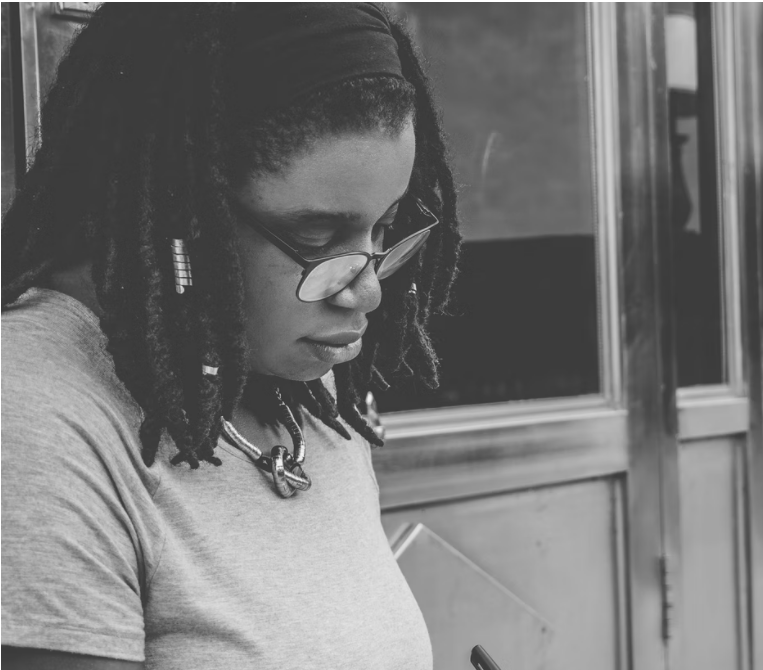- Reduce non-essential spending
Spending should be evaluated as often as possible. When evaluating, look for areas that can be cut back on. It is best to avoid spending money on things that you can do without. The likelihood of you having nothing to save is high if you develop a habit of spending all your money on unnecessary things.
- Stay away from debt
Do your best to avoid debt at all costs. Having too much debt can ruin your savings. The more debt you accumulate, the less income you have to save because you will be obligated to pay it back with all your income. Stay away from unsecured debts and credit card debts. They make it easier to accumulate credit. Debt can be avoided by setting spending limits and staying within them. Follow this rule: “If it is not affordable without a credit card, I will not buy it”. Don’t forget that debts are an inconvenience. If you are already in debt, create a plan to pay up a certain percentage monthly.
- Avoid Impulsive spending
Delay purchases whenever possible. Take a day or two to consider your purchase before you make it. Eventually, the desire to make that purchase will wear off and you will not suffer the consequences of spending on impulse. Keep your budget in mind at all times and stick to it.
- Develop a second stream of income
Making some extra money is never a bad idea. If you make a little extra money, you’ll have more money to save and more money to spend.





